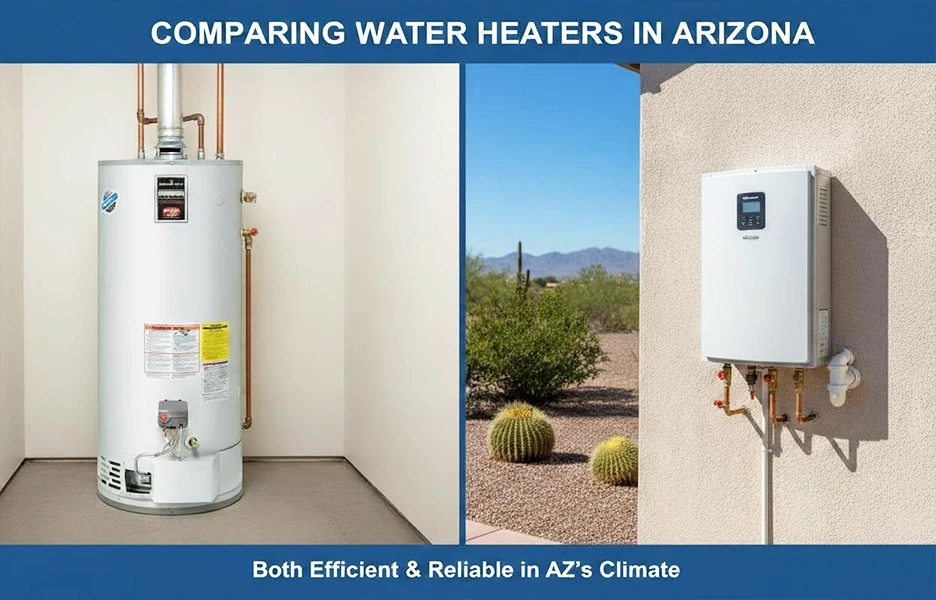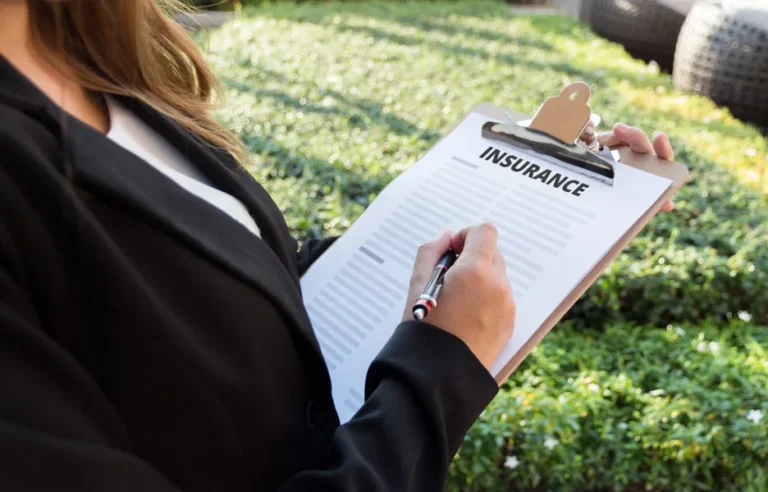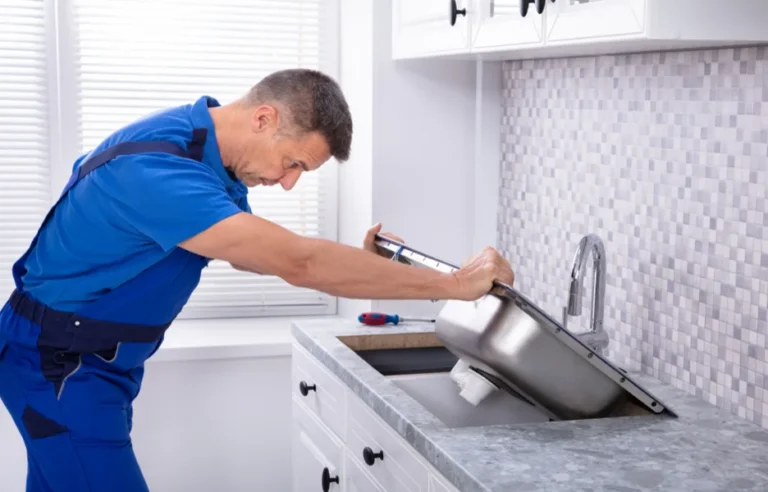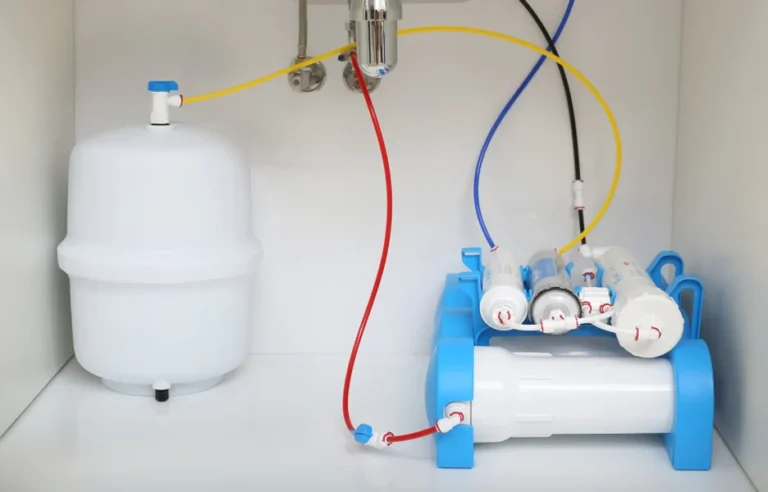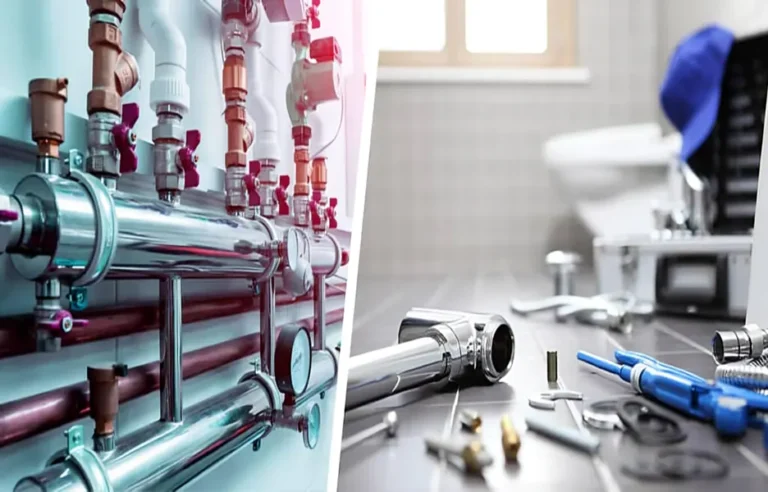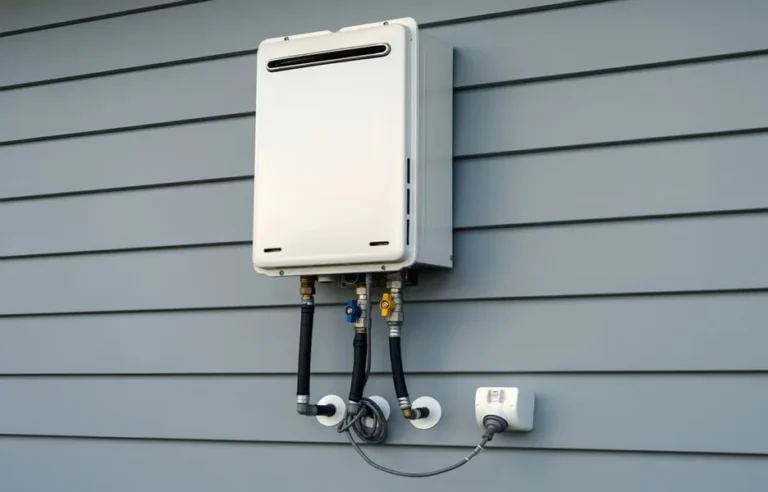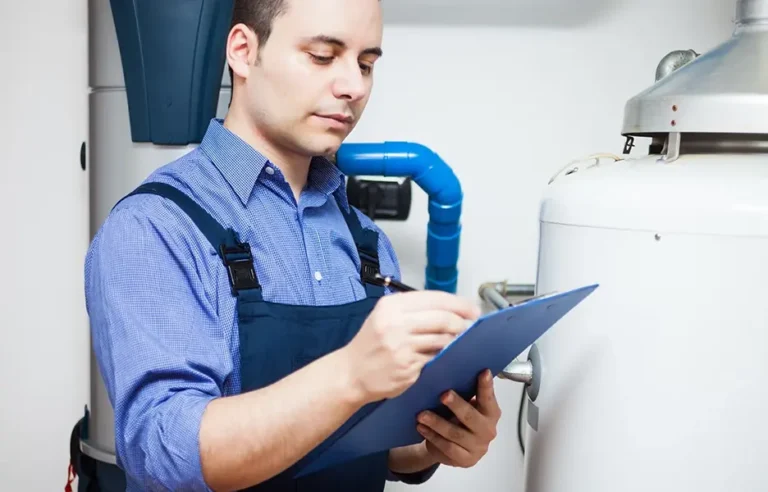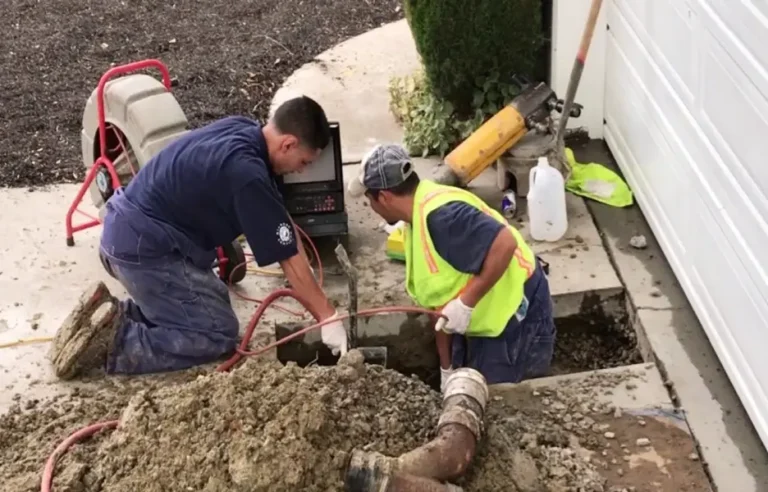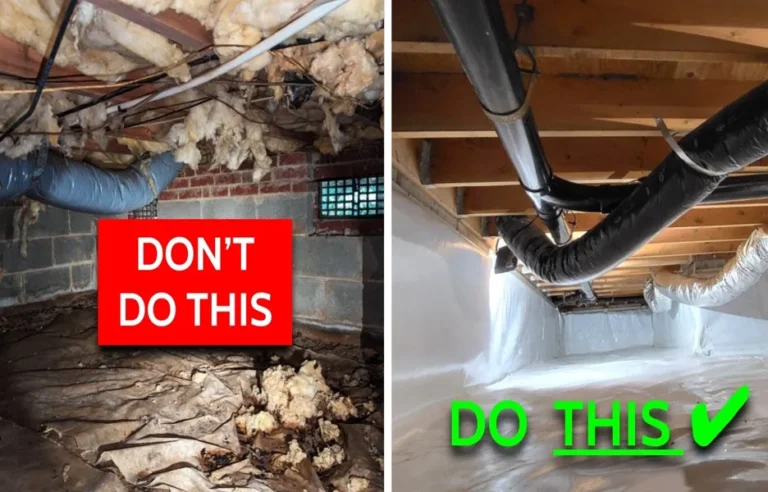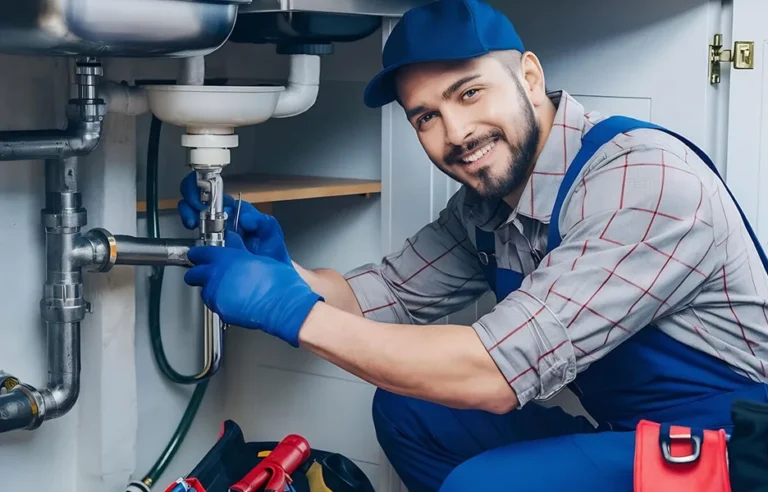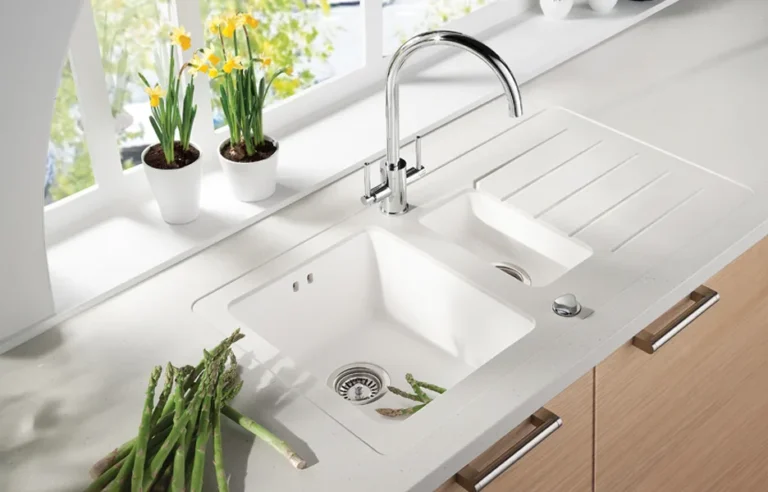Living in Arizona presents unique challenges for homeowners when it comes to maintaining hot water systems. With scorching summers, mineral-heavy water, and high water usage in households, selecting the right water heater is essential for comfort, energy efficiency, and the longevity of your plumbing. Two popular options dominate the market: traditional tank water heaters and tankless (on-demand) water heaters. Understanding the differences can help homeowners in Phoenix, Scottsdale, Tempe, and surrounding areas make informed decisions.
In this article, we’ll explore how each system works, their advantages and disadvantages, energy efficiency, maintenance requirements, and why choosing the right system is particularly important for Arizona homes.
How Traditional and Tankless Water Heaters Work
Traditional Water Heaters store a fixed amount of hot water, typically between 40 and 80 gallons, in an insulated tank. The water is continuously heated to the desired temperature, even when it is not being used. This ensures hot water is readily available, but also results in energy loss over time, known as standby heat loss.
Tankless Water Heaters, also called on-demand water heaters, heat water only when a faucet or appliance is turned on. Cold water passes through a heat exchanger and is heated instantly before reaching the tap. This eliminates the need for a storage tank and significantly reduces wasted energy.
For more technical details on how water heaters operate, see Energy.gov’s guide on water heating.
Energy Efficiency and Utility Considerations
Energy efficiency is often a top priority for Arizona homeowners. Tankless water heaters are generally more energy-efficient because they heat water only when needed. Homes that switch to tankless systems often experience lower energy consumption compared to traditional systems, particularly in households with multiple bathrooms or high daily water use.
Traditional water heaters, by contrast, maintain hot water continuously, which can increase energy use even during periods of low demand. For homeowners looking to reduce energy consumption and protect their plumbing system, tankless systems offer a compelling option.
Additionally, energy-efficient water heaters may qualify for local utility incentives or rebates, which can further enhance their long-term value.
Lifespan and Maintenance
Traditional water heaters typically last 8–12 years. In Arizona, hard water can cause sediment buildup at the bottom of the tank, reducing efficiency and increasing the risk of corrosion. Annual flushing and routine maintenance are recommended to extend the life of the unit.
Tankless water heaters generally have a longer lifespan, around 15–20 years. However, in areas with hard water, periodic descaling is necessary to prevent mineral buildup in the heat exchanger. Regular maintenance ensures consistent performance and helps avoid unexpected downtime.
Installation and Space Considerations
Traditional water heaters are often easier to install, fitting into standard utility spaces such as garages or closets. Tankless units require professional installation to ensure proper water flow, venting, and electrical or gas connections, but they take up far less space. For homes in Phoenix, Scottsdale, or Gilbert where space is limited, the compact design of tankless systems can be a major advantage.
Hot Water Supply and Flow Rates
Traditional water heaters store a finite amount of hot water. Once the tank is depleted, homeowners must wait for the tank to refill and reheat, which can be inconvenient during periods of high water usage.
Tankless water heaters provide continuous hot water, but their output depends on flow rate and unit size. In homes with multiple simultaneous hot water demands, a single tankless unit may struggle to supply enough hot water for all fixtures. Some homeowners address this by installing multiple tankless units or combining a tankless system with a small storage tank.
Hard Water Impact in Arizona
Arizona is known for its hard water, which contains high levels of calcium and magnesium. Hard water can significantly impact water heaters:
- Traditional water heaters: Mineral buildup accumulates in the tank, decreasing efficiency and causing potential leaks over time.
- Tankless water heaters: Mineral deposits can clog the heat exchanger if descaling is not performed regularly.
Installing a water softener is highly recommended for both traditional and tankless systems to protect your home’s plumbing and extend the lifespan of the water heater.
Learn more about water softeners for Arizona homes.
Pros and Cons Summary
Traditional Water Heaters
- Pros: Easy installation, reliable hot water supply for small households
- Cons: Higher energy consumption due to standby heat loss, shorter lifespan, larger footprint
Tankless Water Heaters
- Pros: Continuous hot water, energy-efficient, compact design, longer lifespan
- Cons: Higher upfront cost, installation requires professional expertise, may need descaling in hard water areas
Which Water Heater Is Right for Arizona Homes?
- Traditional water heaters are ideal for smaller households or homes with moderate hot water needs.
- Tankless water heaters are suitable for larger families, homes with multiple bathrooms, or anyone seeking long-term energy efficiency and space savings.
Pairing any water heater with a water softener in Phoenix and surrounding areas ensures optimal performance and protects your plumbing from mineral buildup.
Protect Your Home with APS Plumbing
Not sure which water heater is right for your home? APS Plumbing provides professional guidance and installation services across Phoenix, Scottsdale, Tempe, Gilbert, and nearby areas. Our experts ensure your water heater—traditional or tankless—is installed efficiently and safely, providing reliable hot water for years to come.
Schedule a Free Water Heater Consultation.
Related Services
- Water Heater Installation & Repair
- Water Softeners for Hard Water Protection
- General Plumbing Services
Final Thoughts
Choosing the right water heater in Arizona requires balancing household needs, energy efficiency, and maintenance considerations. While traditional tank water heaters are simple and reliable, tankless systems offer continuous hot water, energy savings, and space efficiency. With proper installation and routine maintenance—including pairing with a water softener—either system can meet the demands of Arizona homes effectively.

